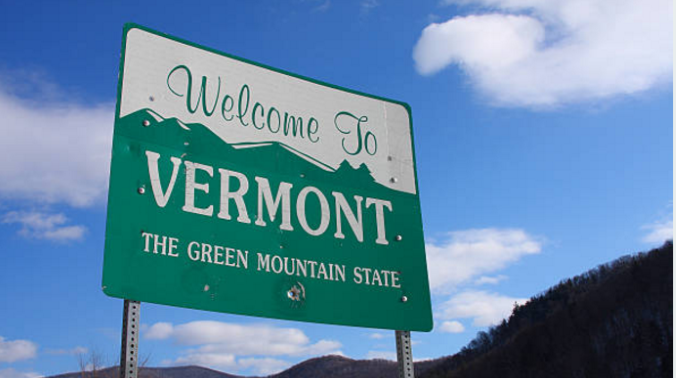Earlier today, Vermont Governor Phil Scott used his veto power to strike down legislation that would have made Vermont the ninth state to legalize recreational marijuana use and the first to pass legalization through the state legislature.
What the Bill Entailed
The bill, known as S.22, would have allowed adults 21 years and older to possess up to an ounce of marijuana and to grow up to six marijuana plants — two mature and four immature — in their homes for personal use.
Although the bill did not allow marijuana sales, it called for the creation of a nine-member commission to develop schemes to legalize, tax, and regulate marijuana sales and use.
Why the Bill Was Vetoed
Governor Scott expressed several major concerns that he wants the legislators to address.
He wants the bill to address marijuana-impaired driving — how to test for it, and the legal ramifications and penalties of driving while under the influence of marijuana. Specifically, he wants to look at “aggressively adding more penalties” for marijuana use while driving.
Governor Scott also wants tougher penalties for those who sell marijuana to minors and those who smoke or use recreational cannabis in front of children.
Furthermore, he wants to see health and safety officials involved in the commission mandated by the measure, noting that none were included in the bill. And he also didn’t like the fact that regulators had been given only until November to establish recommendations on how to regulate the adult-use market.
“Policymakers have an obligation to all those who visit us to address health, safety, and prevention questions before committing the state to a specific timeline,” Scott said.
A Path Forward
While supporters of marijuana legalization were deeply disappointed with Governor Scott’s decision, lawmakers will have an opportunity to address his concerns about the bill in the upcoming summer special session.
Governor Scott indicated that while he is “not philosophically opposed” to legalization, he is looking for a “path forward that takes a much more thorough look at what public health, safety, and education policies are needed.”
“Generally, I view it through the lens of a libertarian,” Scott said. “I believe what adults do behind closed doors and on their own personal property is their own choice so long as it doesn’t negatively impact the health and safety of others.
“I know we cannot ignore the fact that it is a widely consumed substance and that many states and an entire nation to our north are in the process of making it legal.”
“If they’re willing to address concerns in a new bill, there is a path forward on this issue. But we must get this right.”
If the changes the Governor is asking for are met in a compromise bill, there is hope that recreational marijuana use will be given approval as early as this year.

